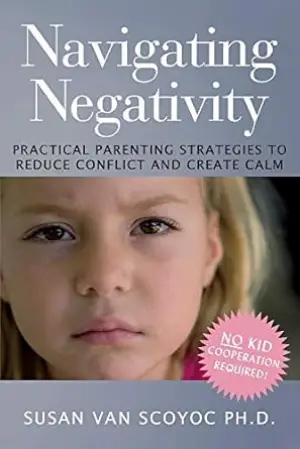Book Review: Readings for Diversity and Social Justice by Maurianne Adams, Lee Anne Bell, and Pat Griffin
As a lifelong advocate for social justice, stumbling upon Readings for Diversity and Social Justice was like finding a treasure chest overflowing with insights and wisdom. The anthology, curated by Maurianne Adams, Lee Anne Bell, and Pat Griffin, offers a comprehensive look at social oppressions and the interwoven narratives that shape our understanding of diversity. What caught my attention wasn’t just its impressive length or the extensive topics it covered—it was the promise of a new lens through which to examine the world, especially in these tumultuous times.
In reading Readings for Diversity and Social Justice, I was struck by its thoughtful organization. The anthology is divided into key categories, addressing pressing issues such as racism, classism, ableism, and more. Each segment opens up with an overview, followed by personal narratives that eloquently articulate lived experiences and end with actionable steps for fostering change. This structure not only makes it accessible for students and educators but creates a pathway for readers to move from understanding to action.
What truly resonated with me was the holistic approach to analyzing gender and sexual oppression. By challenging conventional separations of gender binaries, the authors compel us to reflect on our own biases and understanding. The essay selections, some covering current events like the Black Lives Matter movement and the Keystone XL pipeline protests, are timely and poignant. One notable essay spoke about the devastating effects of gentrification, vividly illustrating how systemic forces disproportionately affect marginalized communities. The combination of statistics and personal stories drove home the urgency of these issues like few texts have done before.
The writing style is engaging and forthright, inviting readers into complex discussions without overwhelming jargon. I found myself highlighting various passages. One quote that particularly stood out was, “Awareness without action is worthless.” It’s a simple yet powerful reminder that understanding injustices is just the beginning, and the anthology is rich with calls to civic engagement and activism.
While many reviews emphasize the book’s essential role in social work education, I believe Readings for Diversity and Social Justice is a must-read for anyone interested in expanding their horizons—whether you’re a seasoned activist or someone just beginning to explore these topics. Its holistic perspectives encourage reflection on how various forms of oppression interact in everyday life, paving the way for deeper understanding and compassion.
In conclusion, if you’re seeking a comprehensive resource that challenges conventional narratives while instilling hope for societal change, this anthology should be on your reading list. Personally, delving into its pages was an enlightening experience that not only expanded my understanding of the complexity of social justice but rekindled my passion for advocacy and community work. Whether you’re in academia, an advocate, or simply a curious reader, this book inspires meaningful dialogue and actionable ideas—an invitation to take part in the ongoing struggle for equity and justice.
[ad_2]
You can find Readings for Diversity and Social Justice here >>






